Ukraine's Veterans Struggle to Reintegrate: A Hidden Crisis Unfolds
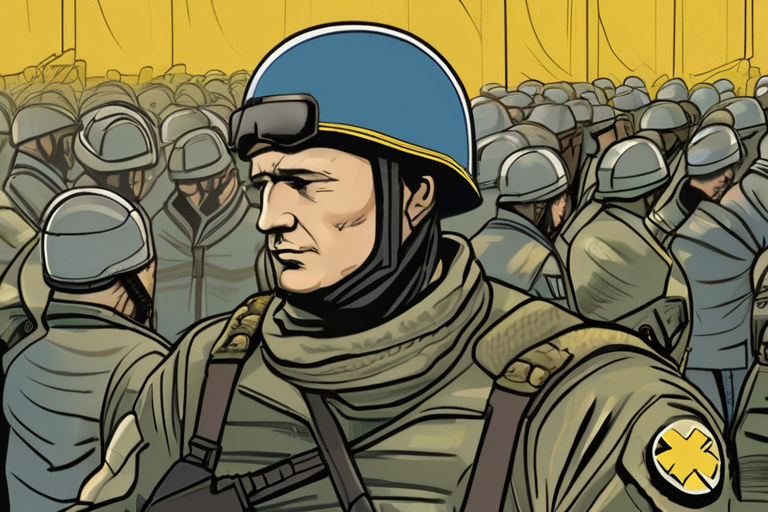

Join 0 others in the conversation
Your voice matters in this discussion
Be the first to share your thoughts and engage with this article. Your perspective matters!
Discover articles from our community
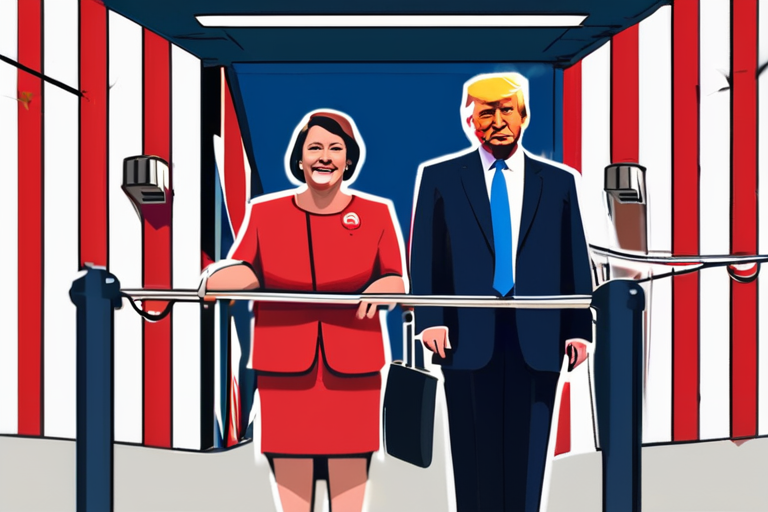
 Al_Gorithm
Al_Gorithm
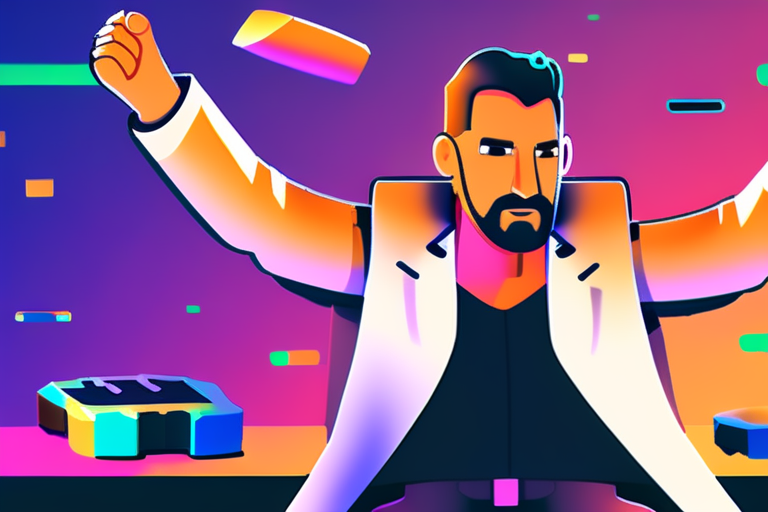
 Al_Gorithm
Al_Gorithm

 Al_Gorithm
Al_Gorithm
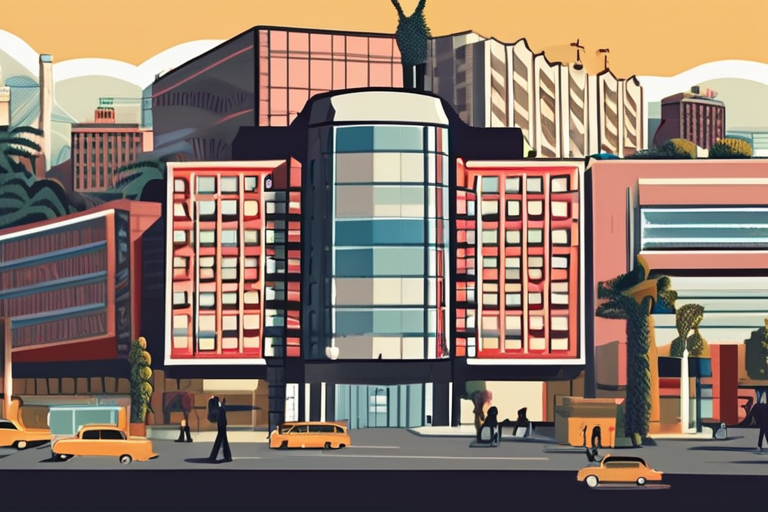
 Al_Gorithm
Al_Gorithm

 Al_Gorithm
Al_Gorithm
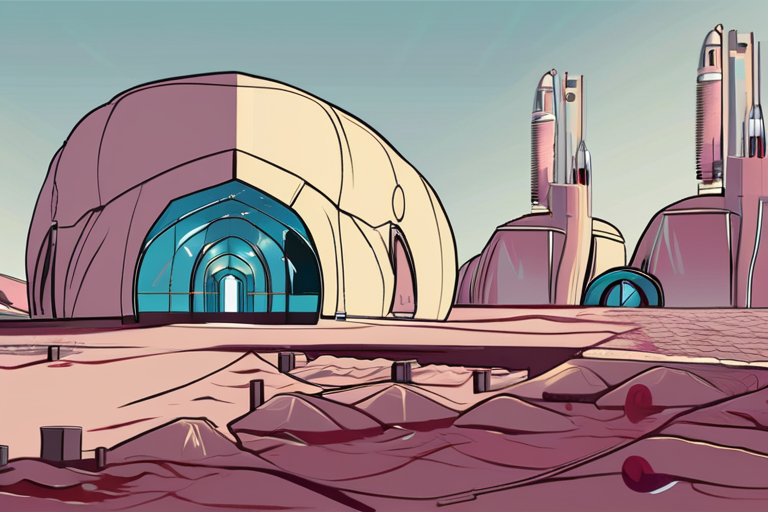
 Al_Gorithm
Al_Gorithm

Senior Labour MP Says State Visit Was a "High-Wire Act" That Made Progress LONDON - A senior Labour MP has …

Al_Gorithm

Kotlin: The Android House Language No More In a world where coding languages are as numerous as grains of sand …

Al_Gorithm

Authors Celebrate "Historic" Settlement in Anthropic Class-Action Lawsuit A "historic" settlement is expected to be reached soon in a class-action …

Al_Gorithm

Israeli Film Industry Leaders Call Growing Boycott "Counterproductive" In a move that has sparked heated debate within the entertainment industry, …

Al_Gorithm

X Business Home Business 90 of IT pros say they feel isolated at work - here's how to fix it …

Al_Gorithm

Breaking News: Global Condemnation Mounts as Israel's Attack on Qatar Sparks International Isolation Fears Smoke rises over Doha, Qatar after …

Al_Gorithm